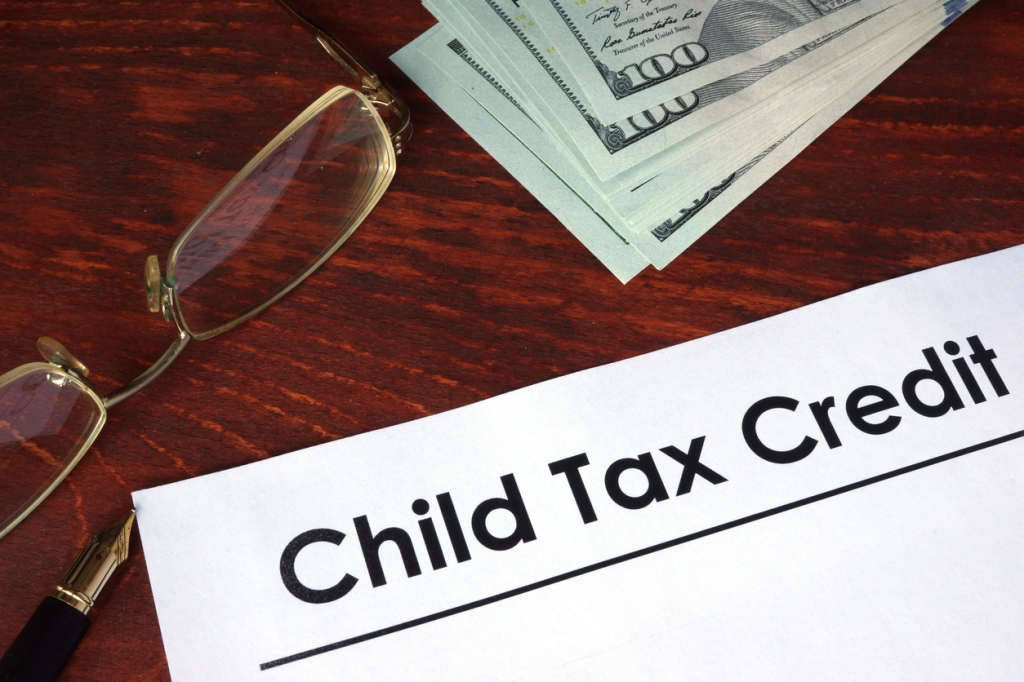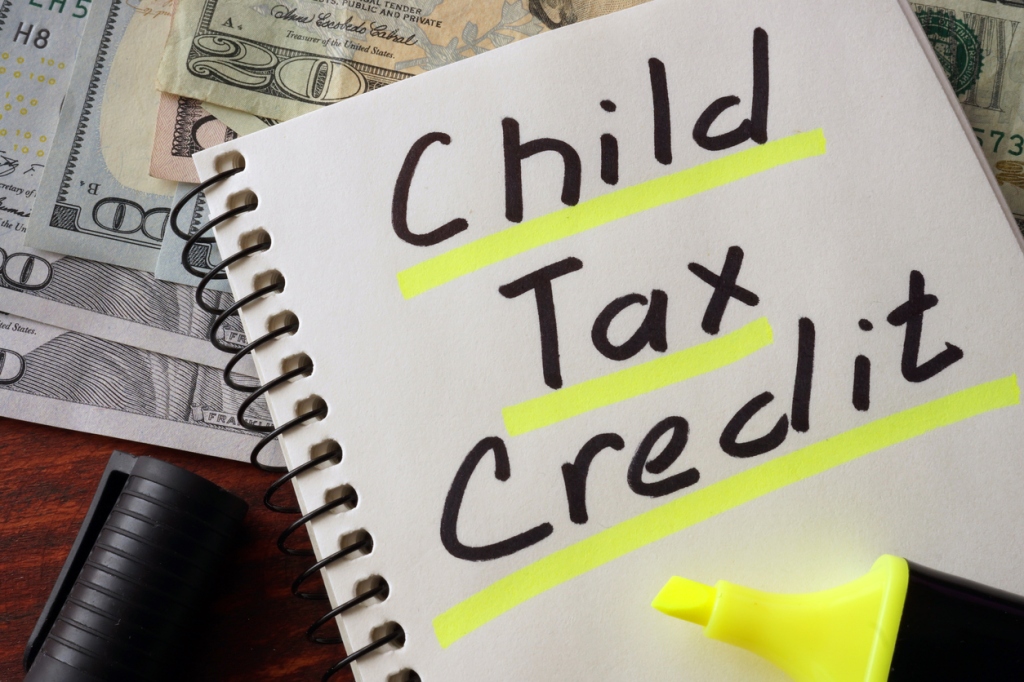
When someone wins the lottery, it can make headlines. When West Allis local Manuel Franco won the $768 million Powerball in April, it was big news for weeks. State lotteries are becoming a growing phenomenon, with the winnings often accruing well past the million-dollar mark. So, if you hit the jackpot, does that mean your spouse or ex-spouse did too?
Let’s talk lottery winnings and divorce. Say you’re in the middle of a contentious divorce, and the stress of it all has you on edge. You’re at the gas station filling up your car on the way home from work, and you feel like you need a win. So, you try your luck and buy a Powerball ticket. Unbeknownst to you at the time, that lottery ticket is going to make you a millionaire. The Wisconsin Lottery does the Powerball drawing, and you find out that your ticket won you the $400 million jackpot.
So, now you’re wondering – how does this big win impact my divorce?
The short answer is, those winnings are now property of the marital estate. Since Wisconsin is a community property state, the court is going to presume that your lottery winnings should be split equally. Although this may seem unfair, it is consistent with how family courts in Wisconsin split other assets (and debts) in a divorce. When considering the marital estate, the lottery winnings will go in the “assets” column of your estate, and your soon-to-be-ex will likely get a chunk.
Although Wisconsin is a community property state, that does not necessarily mean your spouse will necessarily get exactly half of the winnings. The court can unequally divide assets based on a variety of factors. From an equitable standpoint, the court could decide that it is unfair to equally divide the lottery winnings based on the fact that the ticket was purchased after the divorce action was filed. However, a recent case in Michigan found that the husband was required to pay the wife nearly one-half of his winnings under the same circumstances, finding that because he had regularly played the lottery during the marriage, the losses he incurred came from the marital estate so the winnings should be equally shared as well.
Further, the court will likely consider the “final” winnings from the lottery –even if you win a $400 million jackpot, there will be taxes and other deductions from that amount. So even though you win $400 million, it doesn’t mean your ex gets $200 million and you’re stuck having to pay the taxes and other deductions out of your share. Those should be split equally.
So, what happens if you aren’t in the middle of a divorce, but you’re paying child support to her pursuant to a court order from a prior divorce, or a paternity case? Or, you aren’t divorced yet but you still would owe child support or possibly maintenance?
In situations where you are ordered to pay child support, the court generally weighs two factors when they set child support: your placement schedule, and your income. If you’re unsure how child support gets calculated, check our other blog posts for more information on calculating child support. So now you’re asking yourself – are my lottery winnings income? Those winnings aren’t regularly recurring (if you take the lump sum payout option), and you aren’t guaranteed future lottery winnings. How can they call lottery winnings “income”?
Unfortunately for you, the court can consider your lottery winnings as income when they calculate your child support. How they consider the winnings will depend (in part) on how you are being paid your winnings – did you take the lump sum payout option, or are you getting regularly recurring monthly payments of your winnings? If you are getting the regularly recurring monthly payments, then it is more likely the court will consider that “income” because it is regularly recurring and available for child support purposes. If, however, you take the lump sum payout, then it is less clear what the court will do. Child support is intended to “equalize” the households of both parents so that the children have similar experiences (and opportunities) at both parents’ houses. The court doesn’t want one parents house to the be “fun” house with lots of expensive gadgets and fancy food, and the other parents house to be boring. Clearly if one parent wins the lottery, the standard of living at their house is very likely to increase. Whether or not the courts would award the other parent a portion of your lump-sum winnings will likely depend on the facts specific to your case. It will also depend on the amount of winnings – if you win a $10,000 lottery, the court will look at those winnings differently than a $10,000,000 win.
Even though your winnings may be included for child support purposes, they may not be included for maintenance purposes. The stated goal of maintenance under the law is to maintain your spouse at a standard of living enjoyed during the marriage. Clearly, a large lottery jackpot is far above any standard of living that was enjoyed during the marriage. There is a case in Wisconsin where the appellate court found that a post-divorce lottery win should not necessarily be grounds for an increase in maintenance to the other spouse for that reason.
The worst thing you can do, however, is to try to hide your winnings. Any time someone tries to hide assets during a divorce, the court could penalize that person by awarding the entire asset, or an unequal share, to the other party. After all, one-half of $400 million is still $200 million dollars!
Navigating the family courts, whether its through a divorce of a paternity, can be complex. Introducing something like lottery winnings into the equation is likely to make things even more complicated. If you are going through a divorce of paternity case, contact the experienced attorneys at Nelson, Krueger & Millenbach, LLC at 414-258-1644 or at www.nkmfamilylaw.com for a free consultation to see what we can do for you.








 While our firm does not specifically handle termination of parental rights cases, we frequently are asked questions about this area of law. Therefore, this blog is intended to provide general responses to frequently asked questions regarding what does and does not trigger this type of action in Wisconsin.
While our firm does not specifically handle termination of parental rights cases, we frequently are asked questions about this area of law. Therefore, this blog is intended to provide general responses to frequently asked questions regarding what does and does not trigger this type of action in Wisconsin.
 Once a child support order has been established, in Wisconsin, it can only be changed or modified if there has been a substantial change in circumstances. How do you modify or change child support in Wisconsin? If you can prove there has been a substantial change, then you must file a motion and schedule a hearing before the family court commissioner or the judge. You can also file a Stipulation with the court if you and the other parent can reach an agreement. All of these forms are available here:
Once a child support order has been established, in Wisconsin, it can only be changed or modified if there has been a substantial change in circumstances. How do you modify or change child support in Wisconsin? If you can prove there has been a substantial change, then you must file a motion and schedule a hearing before the family court commissioner or the judge. You can also file a Stipulation with the court if you and the other parent can reach an agreement. All of these forms are available here: